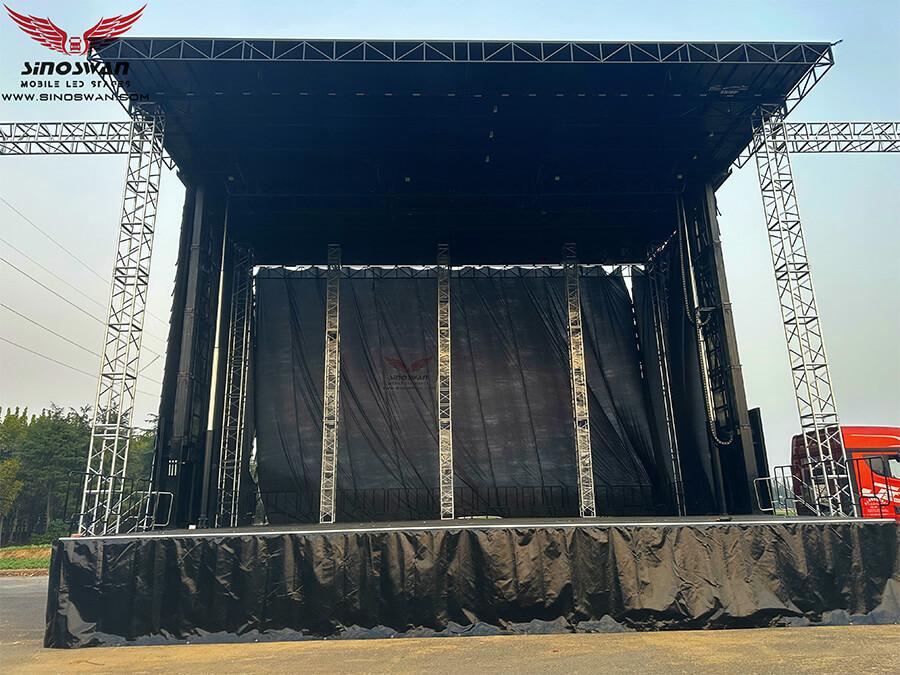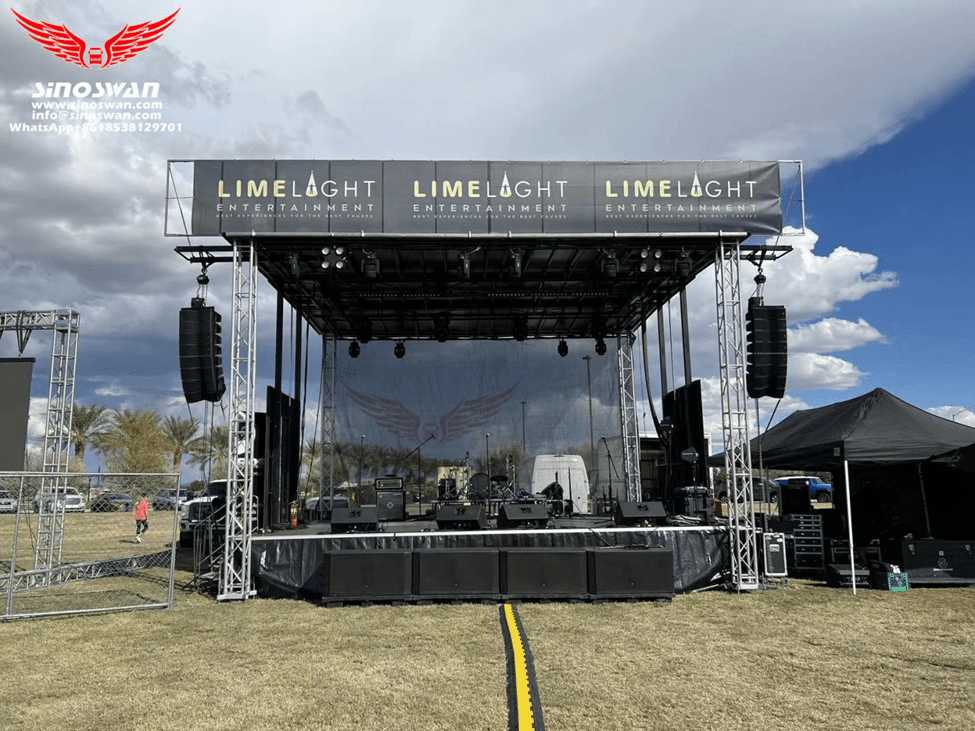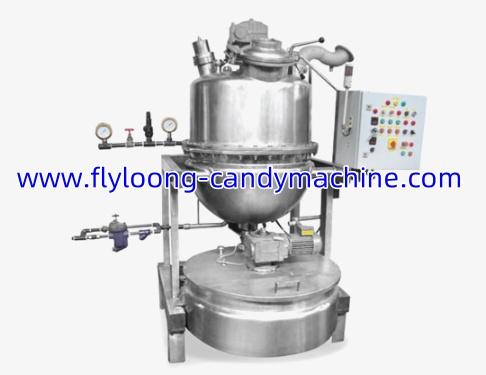The Future on Wheels: How Outdoor Broadcast Vans Revolutionize Mobile News Coverage

In the modern fast-paced media industry, it has never been more important to provide real-time news coverage. Mobile journalism depends on the outdoor broadcast van (OB van), also known as the rolling newsroom vehicle. Be it political rallies, sports events, or natural disasters, these mobile broadcast facilities make it possible to capture, produce, and air the news at a physical site, in real-time. It is the flexibility and transportability of these machines that propel news stations miles ahead in the rat race to enlighten other people around the world.
Anatomy of an Outdoor Broadcast Van
An outdoor broadcast van is not a modified vehicle but a highly specialized mobile studio. These vans come with premium video and audio production gear, editing suites, satellite uplink solutions, and even the interface to drones in some cases. Such a design guarantees the efficient operating conditions of the crew that can work inside the desert regardless of weather or location circumstances. OB vans are designed to be deployed quickly and are self-contained, allowing them to go into live broadcast mode within minutes of being put in transit mode, with unsurpassed versatility in field journalism.
Mobile News Broadcasting: Speed Meets Technology
The digital transmission, 5G technology, and new production equipment allow news broadcasting to undergo a revolution. Compact cameras, lightweight editorial systems, and internet access to complete newsroom servers mean that reporters can now broadcast live from just about any location. This mobility revolves around an outdoor broadcast van. Journalists and engineers with the inside knowledge can combine feeds, insert graphics, and distribute to different properties while remaining mobile. This has minimized the reliance on fixed broadcast studios and boosted field reporting live.

The Role of Satellite and Cellular Transmission
Mobile broadcasting centers on the transmission capability. Outdoor broadcast vehicles have long depended on satellite uplinks, enabling good, steady service no matter what the ground conditions. But contemporary OB vans also use cellular bonding technology, linking several 4G/5G connections to provide high-definition streams in real time. Hybrid transmission technology ensures redundancy and reliability.
Technical Crew: The Unsung Heroes
A successful mobile broadcast is not simply about technology—it depends on the crew running the van. From broadcast engineers and camera operators to live editors and communication officers, the individuals behind the scenes are the true movers of mobile news coverage. These experts work under tight deadlines and harsh conditions, coordinating equipment, directing signals, and making sure the broadcast is of quality and integrity. Their cooperation in the tight space of an OB van is a good example of crisis management and real-time collaboration.
Challenges in Mobile Broadcasting
Although news broadcasting promotes flexibility, it also has a special set of challenges. Physical environmental conditions like power availability, bad weather, and uneven surfaces can influence performance. Signal interference may result in urban coverage, while connectivity is nil in remote locations. Maintaining real-time broadcast quality in such situations requires sturdy equipment and backup planning. Security is also an issue in conflict zones, where equipment and personnel safety are paramount in live reporting.
Future Trends: AI, Automation, and Remote Control
Mobile news broadcasting's future is being forged through technology integration. Camera switching is being automated, voice-to-text transcriptions are being performed, and content tagging in real time using Artificial Intelligence (AI). OB vans play host to some remote-controlled systems whereby technicians at HQ control equipment within the van. Large crews on the ground are minimized, and there is increased visibility in terms of operational safety. With the use of cloud services and IP-based transmission, OB vans are becoming more intelligent and interconnected mobile studios.

Sustainability in OB Van Design
As the focus of the world turns to sustainability, OB vans' design too is experiencing a green revolution. Companies are now integrating solar panels, efficient fuel-powered generators, and electric drive trains. Lightweight and modular components lower fuel usage and carbon emissions. Furthermore, digital-first configurations minimize the use of physical hardware, lessening space and energy demands. The sector's transition to green practices is establishing new benchmarks for technology and sustainability to walk hand in hand.
Conclusion
The universe of mobile news broadcast has expanded beyond the boundaries of conventional media. Broadcast vans outside now signify innovation, flexibility, and the future of live journalism. They enable broadcasters to reach every nook and corner of the globe, narrate gripping stories, and respond in real time to evolving events. With broadcasting becoming more advanced with each passing day, solutions such as those offered by SINOSWAN are taking the lead, providing state-of-the-art, dependable, and eco-friendly OB van solutions designed for contemporary media needs.
Contact Details:
- Website:Sinoswan
- Email:info@sinoswan.com
- Tel:+8618538129701
- WhatsApp Business:+8618838950310
- WhatsApp:+8618637178390
- WeChat:+86 18538129701
- YouTube:Sinoswan on YouTube








